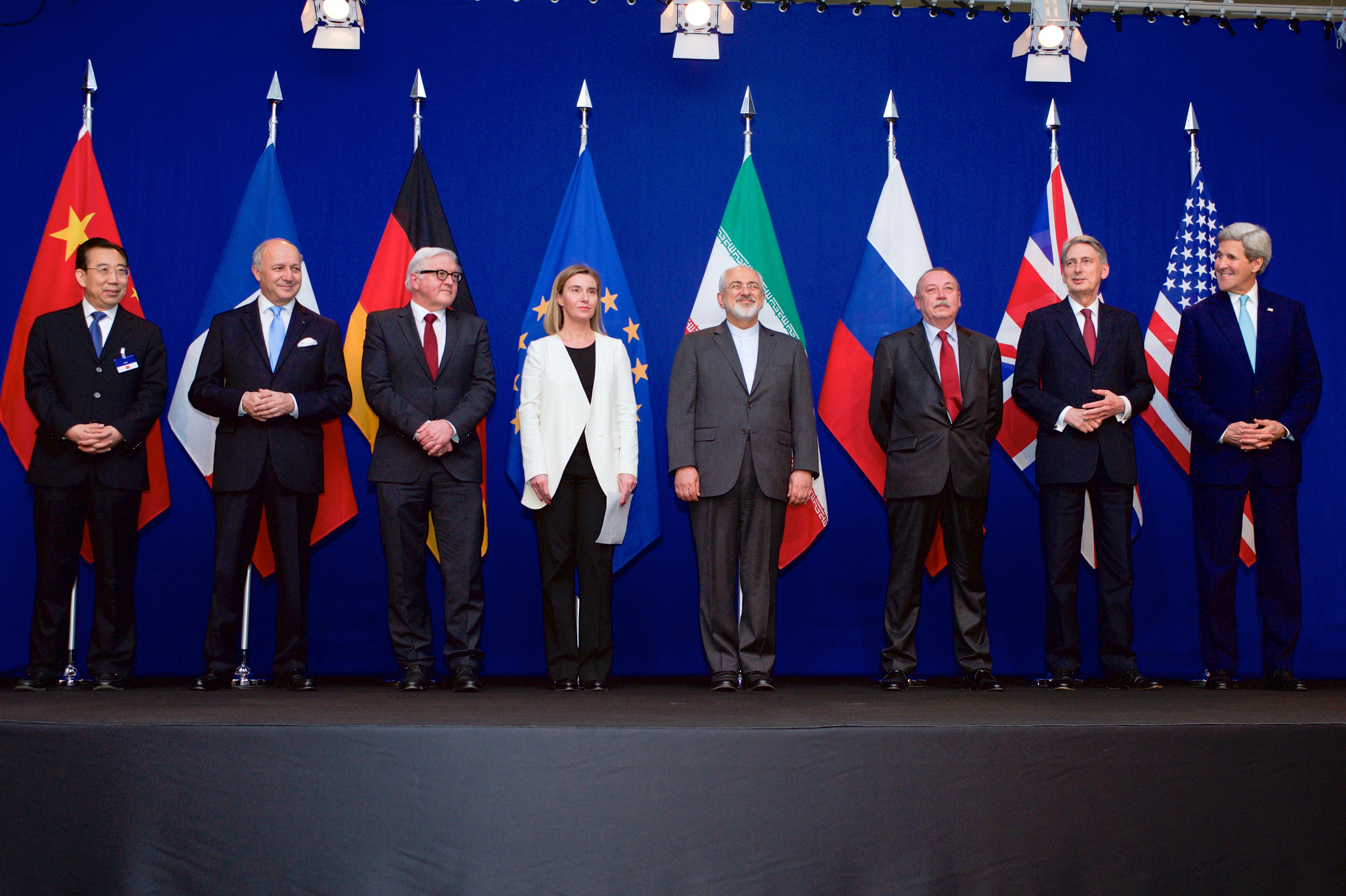“The principle that no person is above the law, especially those at the top, is among the most precious of all the rights that the brave protestors in Tahrir Square sought”
Spring evokes images of rebirth, renewal, and change. The January 2011 popular uprising, leading to the resignation of Hosni Mubarak after 18 days of protests was a call for Egyptian democracy and reform. Bringing with it the prospect that this “revolution would fundamentally change the Middle East paradigm of an apathetic populace oppressed by dictators and retreating into Islam.” However, with spring and change, came political and economic instability and uncertainty.
During these short 18 days, the world watched as Egyptians came together regardless of age, gender, religion, or ethnicity, as Christians and Muslims united, and as women emerged in a prominent and strikingly visible role. These images were symbols of the dawning of a new, free, and equal Egypt. And on March 19, 2011, Egyptians lined up for hours to overwhelmingly vote yes on a block of nine constitutional amendments, some people voting for the first time in their lives. The constitutional amendments included: limiting a president to a four year term for a maximum of two terms for any one individual, full judicial oversight of the electoral process, and reforms to the public state of emergency law. The vote was relatively unobstructed, despite some small instances of violence and poor ballot organization, and was a significant step forward for Egyptian representative democracy. However, the referendum “also offered early clues into the rifts likely to shape Egyptian politics in the coming months and years.”
Directly following Mubarak’s resignation, the army took control, acting as stewards of the Egyptian state. Seven months after the Egyptian democratic movement, street protests and violence persists; the grievances aired during the protests have been largely unaddressed, the unemployed educated youth have yet to experience economic prosperity, and the legacy of Mubarak era institutions have largely remained untouched.
The protests hoped to, above all, curb corruption, and build democracy and the legitimate rule of law. A significant issue of contention was crony capitalism, that economic prosperity in Egypt was only available through personal and political connections with individuals running the Egyptian state. Currently, there exists a large number of unemployed educated youth, unable to find meaningful employment. The Mubarak regime guaranteed public sector jobs to university graduates, but this guarantee “was effectively suspended in the 1990s with a broader package of IMF-sponsored structural adjustment reforms to liberalise the Egyptian economy and increase the competitiveness of the labour market.” Some argue that Egypt’s current lack of jobs is both a structural institutional problem and a problem with the education system, that (a) “the education system needs head-to-toe reform to give young people the skills that match what employers are looking for,” and (b) “that unemployment is chronic and structural, and not just an issue of having the right attitude and making the right choices,” but rather is a symptom of larger institutional problems.
However, in the midst of an international economic recession and continuing political uncertainty, Egypt’s economic outlook has worsened, thus making the job market increasingly volatile. The continuing political discord among those leading the January protests and the new military rulers has manifested itself in continuing street demonstrations and mass arrests, and is negatively affecting the return of tourist revenue and foreign investment, thus perpetuating existing political and economic issues. In addition, the “[t]ransition to democracy is opening rifts among Egyptians who united to drive Mubarak out.” There is a deepening dichotomy between those emphasizing careful long-term structural change before a new president is elected and those who are pushing for short-term peace and stability in the form of new governance.
Institutional reform is a lengthy complex process and as the economic situation in Egypt worsens, many believe that the issues of education and long term structural adjustments will fall by the wayside, as commonly, policy decisions dictate that “[t]he bluntest means of maintaining security are often favored over more nuanced approaches toward long-term stability.” As the election date nears, there are growing concerns that the speed at which the elections are taking place will pre-determine an Islamist party majority, for currently they are the most politically organized group in Egypt, arguing that others are unprepared to run because they are still setting up political parties. It is difficult to predict the kind of political system that will emerge from November’s Presidential elections, but hopefully winter will bring with it some stability, security, and a renewed sense of unity among Egyptians.
Article By: Melanie Clarke.
Photo Credit: acus.org
Quotations from:
(1) Justice in Egypt: End Impunity Now
(2) On the Square: Were the Egyptian protesters right to trust the military
(3) Egypt: Tackling youth unemployment
(4) Mubarak Hears Conspiracy Charges From Stretcher in a Cairo Courtroom Cage
(5) Inside Kenya’s Overflowing Refugee Camps
Disclaimer: Any views or opinions expressed in this article are solely those of the author and do not necessarily represent those of the NATO Council of Canada.



